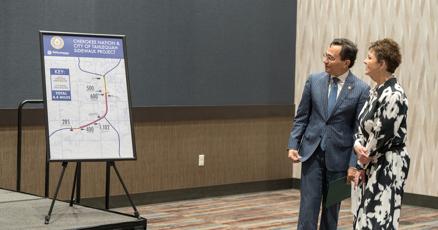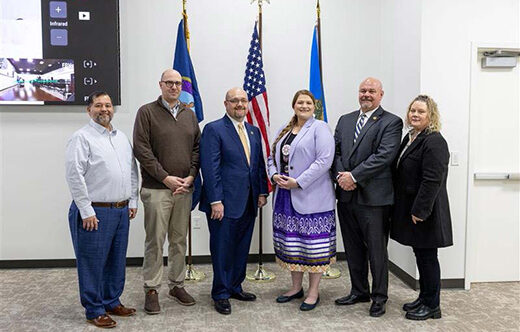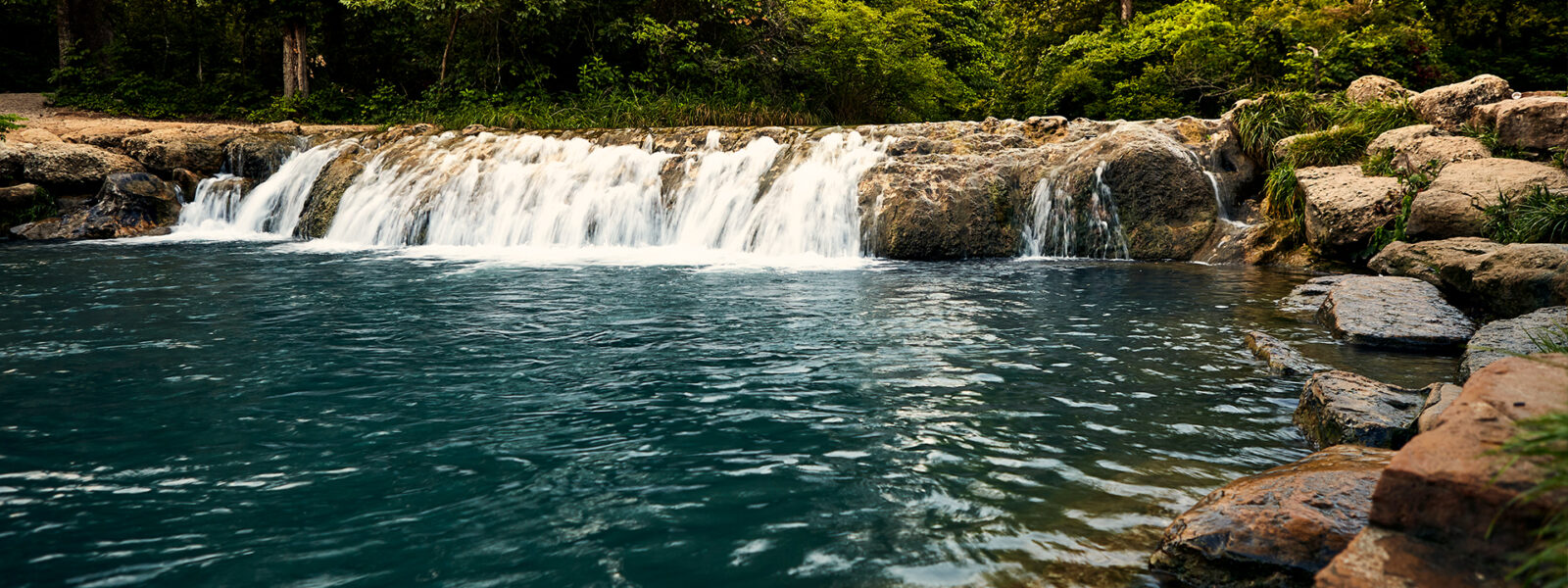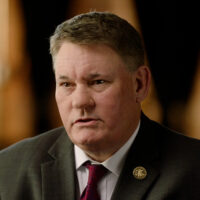Chickasaw Nation Investments Improve Quality of Life
Water infrastructure throughout rural Oklahoma is in critical need of improvements, with many water treatment systems feeling the effects of aging infrastructure dating back to the 1960s. The Chickasaw Nation recognizes water is vital for growth and quality of life, so it has partnered with state and local communities to make much-needed repairs, utilizing American Rescue Plan Act (ARPA) funds. Water sustainability is a priority for this and future generations.
With an eye on 50-100 years into the future for water sustainability, the Chickasaw Nation is a leading partner in south-central Oklahoma’s water infrastructure improvements. In addition to the Nation’s Community Sustainability Program and the federally funded American Rescue Plan Act (ARPA), the historic Chickasaw-Choctaw Water Settlement Agreement of 2016 provides a framework for ensuring a sustainable water future and economic growth for the area.
Whether it’s the Citizen Potawatomi Nation building a new plant or the Choctaw Nation working with local communities to improve water quality, tribes know that collaboration is the only way to bring clean, safe water to all Oklahomans. Without reliable and sustainable access to water, health is jeopardized and economic progress stalls. With tribal investment, generations to come will have access to the water they need.
Sustainable Water Infrastructure
Before recent upgrades to its water treatment system, the town of Tishomingo relied solely on Pennington Creek for its water supply. Murray State College, local businesses and residents were faced with antiquated water systems and a two-year drought, leading to shortages and an uncertain future. Today, with a partnership between the Chickasaw Nation and state and local governments, Tishomingo has built multiple water lines and a new treatment facility that keeps the town’s water supply stable and primed for future growth.
Giving Rural Oklahoma the Tools to Grow
Tishomingo is just one of many towns the Chickasaw Nation works with to improve Oklahoma’s aging water infrastructure. In Mill Creek and the Buckhorn Water District, Chickasaw Nation funding partnerships are building new wells, new pump stations and new water lines. These updates will allow Mill Creek and the region around Lake of the Arbuckles to support more businesses and housing opportunities, bringing quality of life and economic growth to local communities.
Featured News


Cherokee Nation and Tahlequah announce sidewalk project spanning 4.4 miles


Repurposed emergency facility reflects Chickasaw Nation’s disaster preparedness









